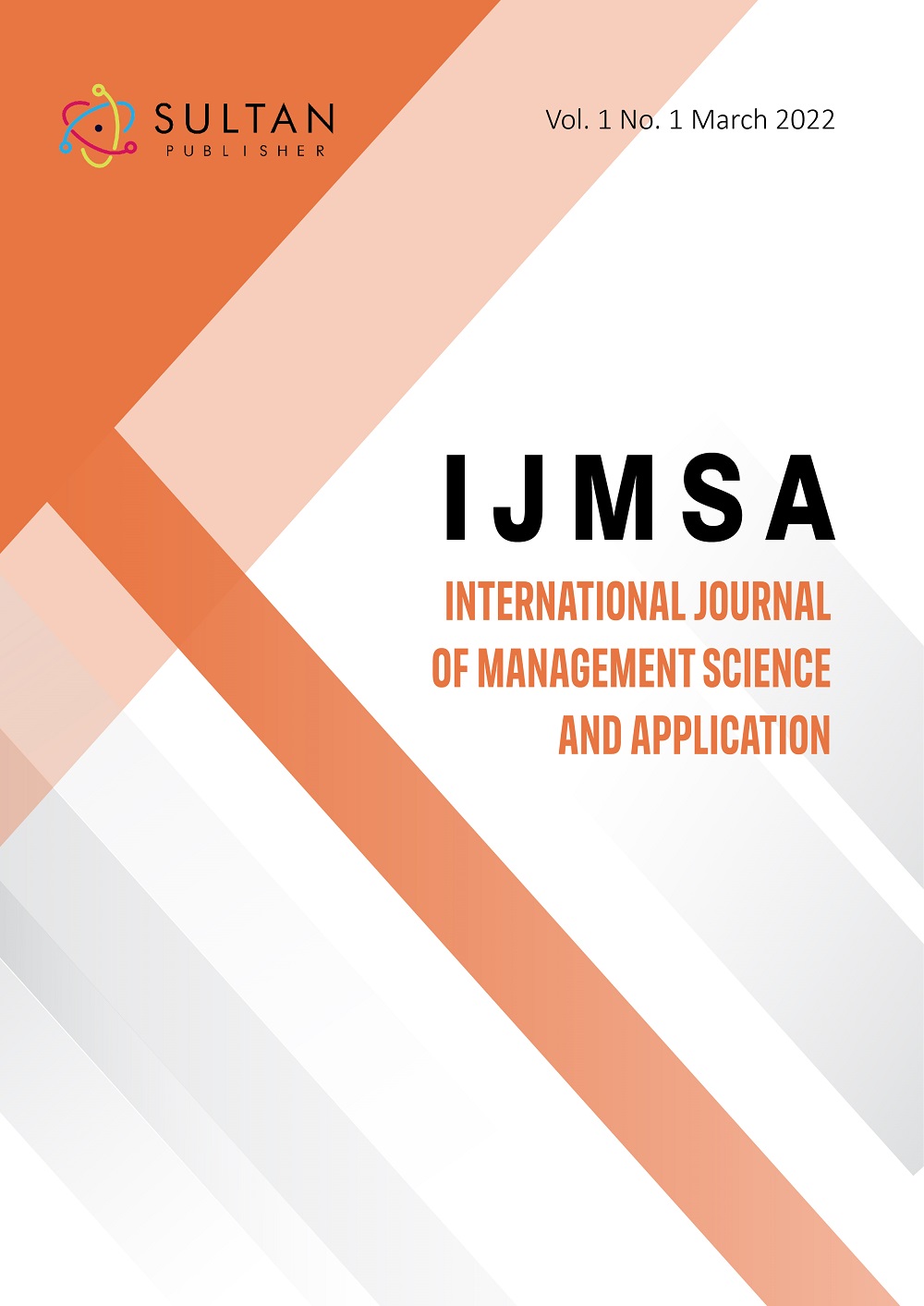Implementation of Shariah Finance to Increase the Welfare of Micro, Small, and Medium Business
Keywords:
Islamic Finance, Increasing Welfare, Economic GrowthAbstract
This study aims to find out the efforts that have been made by LKS in implementing Islamic finance, the obstacles encountered and the role of LKS in implementing Islamic finance for MSME. This study was a qualitative approach in the form of a case study in Batam City. The results showed that the oobstacles faced, limited human resources and service offices, constrained by collateral as a second way out because financing must remain secure, internal services are not optimal, understanding and awareness of the community are still happy with instant loans, do not want to be complicated so that more people make transactions with financial institutions conventional rather than LKS which assumes the process seems complicated. Micro entrepreneurs need the role of LKS, especially in terms of capital used to expand the market and develop their business so that it contributes greatly to the national economy, LKS with the institution of Bank Riau Kepri Syariah (BRKS) can provide a way out to meet the needs of a consumptive society and can cover the needs MSME investment.
Downloads

Published
How to Cite
Issue
Section
Copyright (c) 2022 Sarwo Edy Handoyo, Muhammad Doddy, Muhammad Fathoni Yasin, Afi Parnawi, Satriani Satriani, Elinah Elinah

This work is licensed under a Creative Commons Attribution-ShareAlike 4.0 International License.



